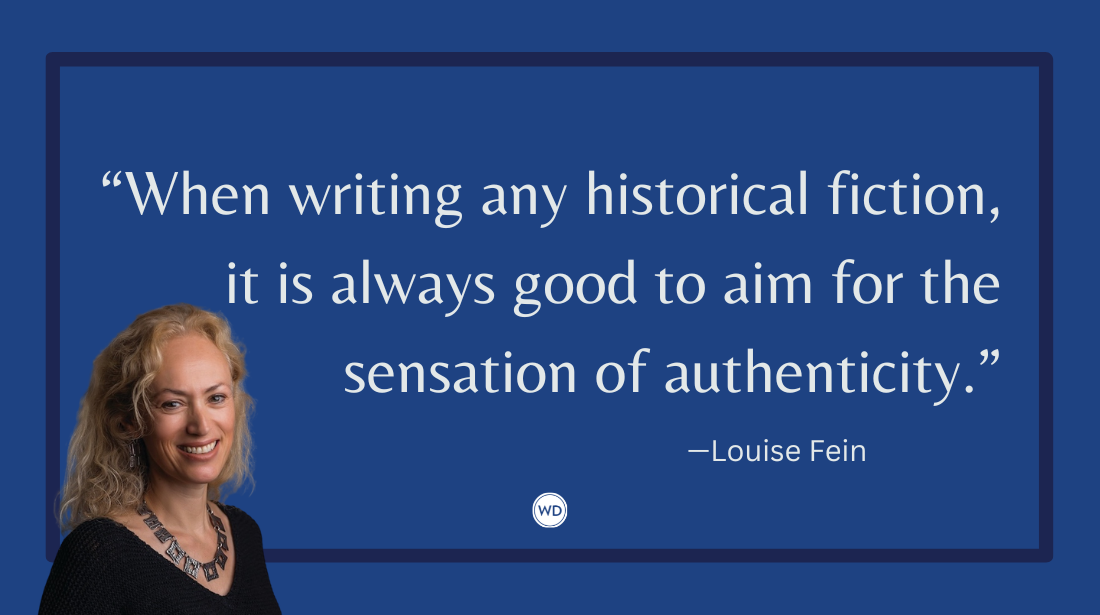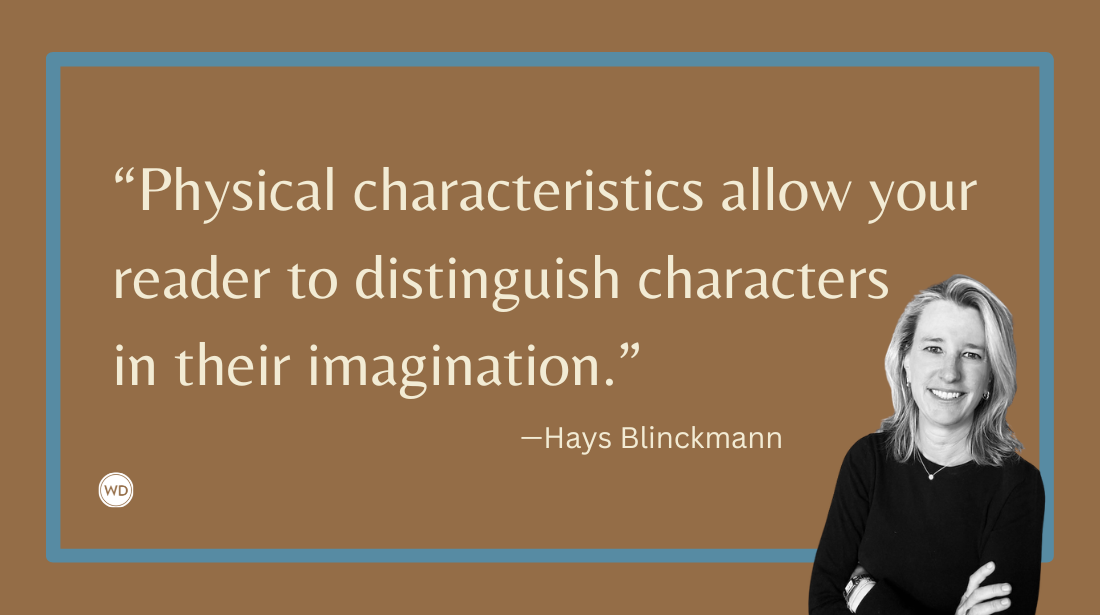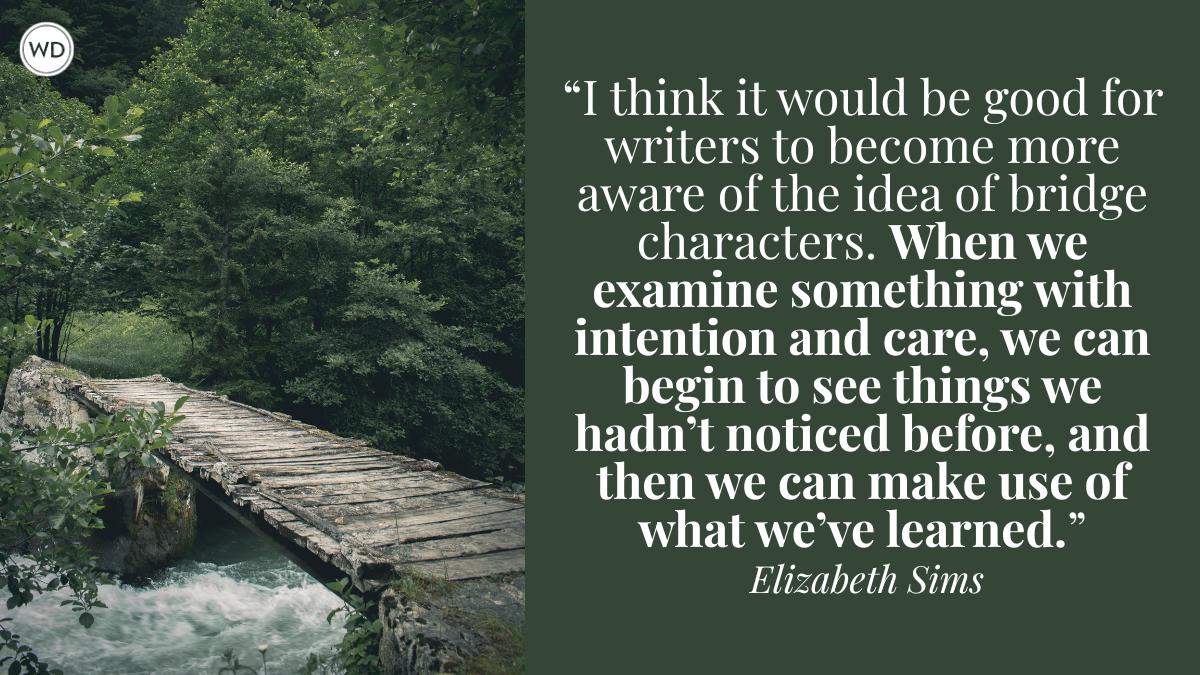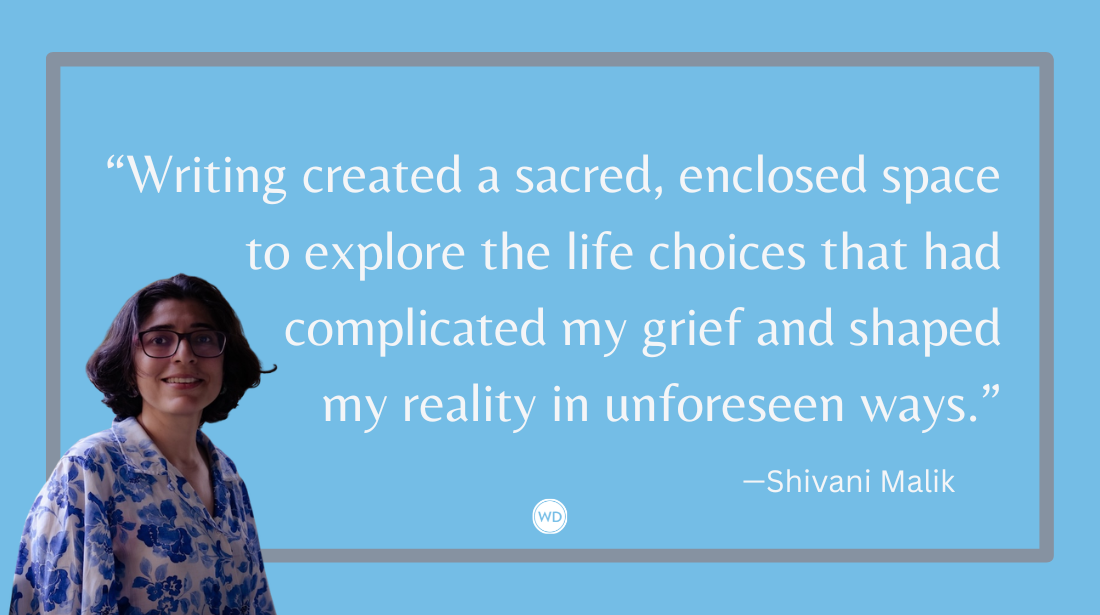3 Reasons to Reveal Real Secrets (Or Their Emotional Residue) in Your Fiction
Author J.E. Thomas shares three reasons to reveal real secrets (or at least their emotional truths) in your fiction.
Everyone has a unique perspective on writing. Maybe it's the way you approach developing an idea. Maybe it's a ritual that you follow before you choose the first word. Maybe it's a preference to compose everything by hand rather than using a computer, tablet, or old-style typewriter. Or maybe you dictate the entire draft into your phone or other device.
I let ideas percolate in my imagination for weeks, sometimes months, before I start writing. And even then, I find that the physical effort of drafting—the art of weaving previously unrelated words into a cohesive narrative—is the hardest part of the process.
Conversely, revising and editing—which are labors of art as well—are delights.
Why?
Because revising and editing provide opportunities to layer additional details into the work that make it richer, more enticing, and, even for genres like science fiction and fantasy, more realistic.
Revising and editing are also the steps in the writing process where I add a real secret or two to my narrative. It's like adding a pinch of magic that helps characters and their situations come alive.
But what do I mean by a real secret? Well, let's start with what it’s not. Since I write fiction rather than memoir, I don't add anecdotes from my actual life. I don't slip in closely-held family secrets. And I don't reveal moments from someone else's life that I observed or were told to me in confidence.
What I do, and keep in mind this process can be different for everyone, is re-examine an experience that aligns emotionally with a character’s situation and reveal exactly what I felt during that moment. Giving unfiltered emotions to a character is an act of truthfulness and vulnerability.
Here's an example: My latest middle-grade novel, The AI Incident, is about a battle of wits between 12-year-old Malcolm Montgomery, the unluckiest kid in Colorado foster care, and FRANCIS, an autonomous AI program designed to improve standardized test scores. The battle heats up when FRANCIS promises to help Malcolm find his forever home if Malcolm will look the other way while FRANCIS takes over the school.
That's the plot. But the emotional core of the story is equally important, and that is about loneliness. Malcolm and all of the supporting characters experienced that feeling to one degree or another…as do we all.
The secrets I tapped during the revision and editing process involved times when, for one reason or another, I felt deeply and profoundly alone. What I realized was that not feeling connected to other people changed the way I thought, walked, talked, and even the way I breathed.
During the first revision, I explored those situations in my novel journal. Then I wrote a short synopsis of one situation, listed the resulting emotions and added both to my manuscript-in-process. I’d scribble in the margins, scrawl on Post-It notes, or flag them in some other way.
During each subsequent revision, I trimmed away my personal experience (remember, I don’t write memoir) and finessed the manner in which those emotions were expressed until they felt real for the characters.
Here are three reasons why I suggest exploring real secrets and adding their emotional residue to your fiction.
Journaling about a real situation allows you to explore how that experience affected you physically, mentally, and emotionally.
This is particularly profound if the experience is one you haven't shared extensively with others.
Exercise: Journal about a time you were deeply embarrassed by something that you did. How did you feel in that moment? Were you acutely aware of other people watching you? Did your vision sharpen? How about your hearing? Did your skin prickle? Did your shoulders slump? Now, look for a situation in your manuscript where your character is embarrassed. Which of your emotions or physical behaviors can you add?
Infusing aspects of a real situation into your fiction helps sharpen dialogue.
Creating dialogue that sounds realistic can be a challenge. Emotionally-charged situations often lead people to speak differently.
Exercise: Journal about an emotionally-charged situation and re-create the dialogue to the best of your ability. Study things such as sentence length, punctuation that mirrors how people actually spoke, and when/if words overlapped. Now, take a look at a passage in your manuscript in progress that has emotionally charged dialogue. Compare the dialogue in your journal to the dialogue in your manuscript. What can you improve?
Surprisingly, this process can give you some separation between your characters and yourself.
Have you ever worked on developing a protagonist who seems very much like you? If so, has that protagonist been overly sympathetic, unusually witty, or profoundly kind? Delving into a real situation where you weren't necessarily at your best and giving those reactions and emotions to a protagonist can help you view your character in a different light.
Exercise: Deliberately select a situation where you could have acted better. Now, enhance the actions and dialogue of supporting characters who provide that perspective to your protagonist.
Ultimately, you decide if, how and how much of a secret to add to your fiction. And rest assured, you can always shred the pages of your writer's journal that you use to explore your secrets!









